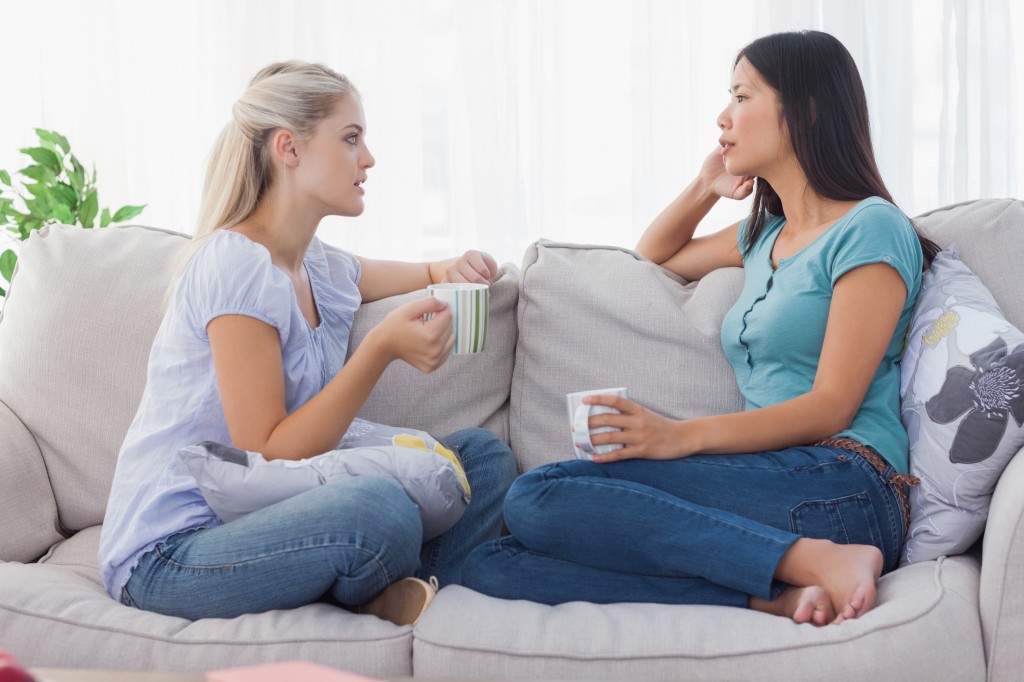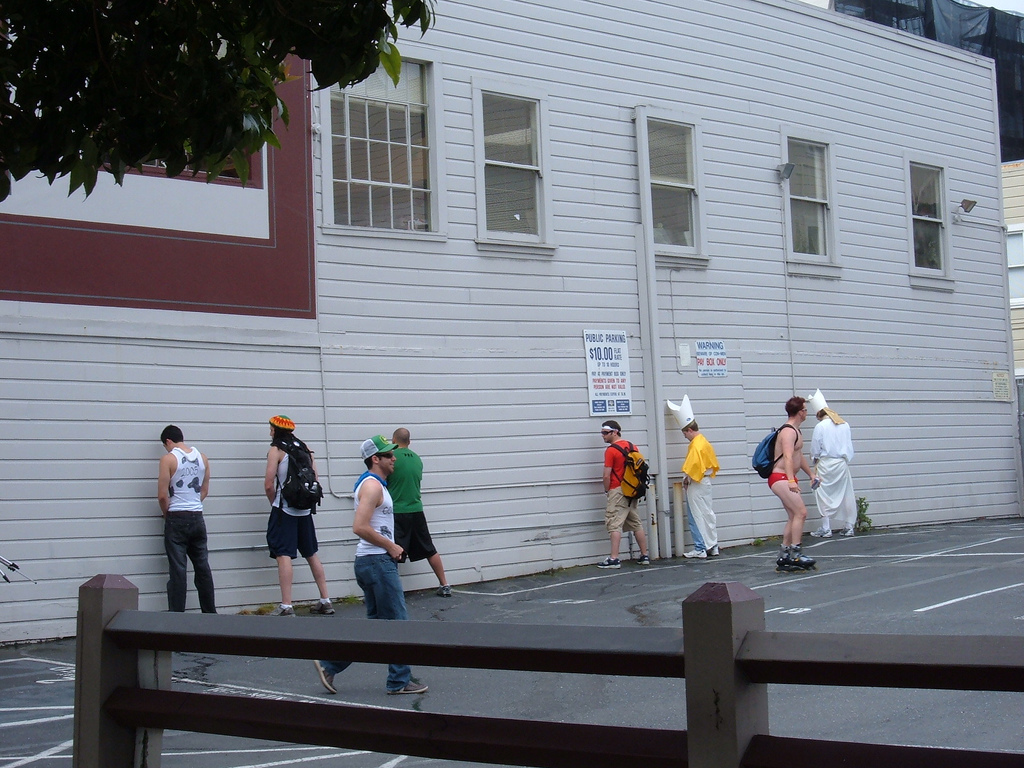
Should the news about earthquakes alarm the population?
By Glauce Fleury, Contributor
It would’ve been just another Sunday morning if I hadn’t woken up with unbelievable news: a 7.7-magnitude earthquake had shaken Vancouver Island the previous night and had even been felt in Metro Vancouver. “Are you serious?” I asked my host family. “Yes, watch the news.” I’m not sure I can describe my feelings, but I perfectly remember my question: “Should I go back to Brazil?”
The news was scary. The TV channels referred to the tremor as one of the largest ever to hit Canada, and tsunami warnings were issued. Its epicentre was Haida Gwaii, an archipelago located 100 kilometers off the northern coast of BC. If the situation was so serious, why did I have one of my best nights of sleep since I arrived in Canada? On Twitter, people asked, “Did an earthquake really shock Vancouver?”
We know how destructive nature can be, but why was the news so scary if nothing serious happened? Why alarm the population when you can just report the facts the way they are? That explains why one day after the earthquake, Vancouverites emptied stores selling first aid kits, radios, and survival gear.
It seems awkward that 11 days before the earthquake Douglas College sent an email mentioning its participation in the Great British Columbia ShakeOut Earthquake Drill and the internationally recognized “Drop, Cover, and Hold on” protocol. Moreover, seven days before, an urban disaster simulation took place in Vancouver, conducted by members of Canada’s Task Force and Disaster Response team. Do you believe in coincidences? I don’t.
Aside from Canada, I have my eyes on the States. A friend of mine, a Brazilian who lives in New York, mentioned on Facebook, “I’m about to experience my first hurricane. Not very excited about it.” Yes, he was referring to Sandy, but the area where he lives luckily didn’t face serious problems.
I have always paid attention to Japan too. One of my best friends lives there, and knowing she often deals with earthquakes gets on my nerves. Since I met her, I have been the one who sends her messages after every natural disaster to know if she’s fine. Thank God she was with me in the States last year when the tsunami hit Japan. As for her, she never had to ask me this sort of question. So far. Last week, she asked me if everything was okay. Yes, the world turns…
I prefer to think I didn’t feel the earthquake of October 27 because its epicentre is 720 kilometers away from Vancouver. However, as people talk about a big earthquake that could happen tomorrow or in 50 years, I am not calm at all. I came from a country where natural disasters like tornadoes, hurricanes, earthquakes, and tsunamis are not an issue. I have no clue about how to prepare myself—how to emotionally prepare myself.
Somebody could say, “Oh, I’m not prepared either.” Well, I suspect that when you live in a country where natural disasters happen every now and then, you sort of get used to them. BC has had six of the 10 biggest earthquakes that shook Canada. These numbers should give us some sense of self-protection in case something happens. Having said that, I ask, “If Canadians are not prepared for it, how can Brazilians be?”
To read some information about earthquake procedures, visit http://www.douglas.bc.ca/safety-security/emergency-procedures/earthquakes.html.

